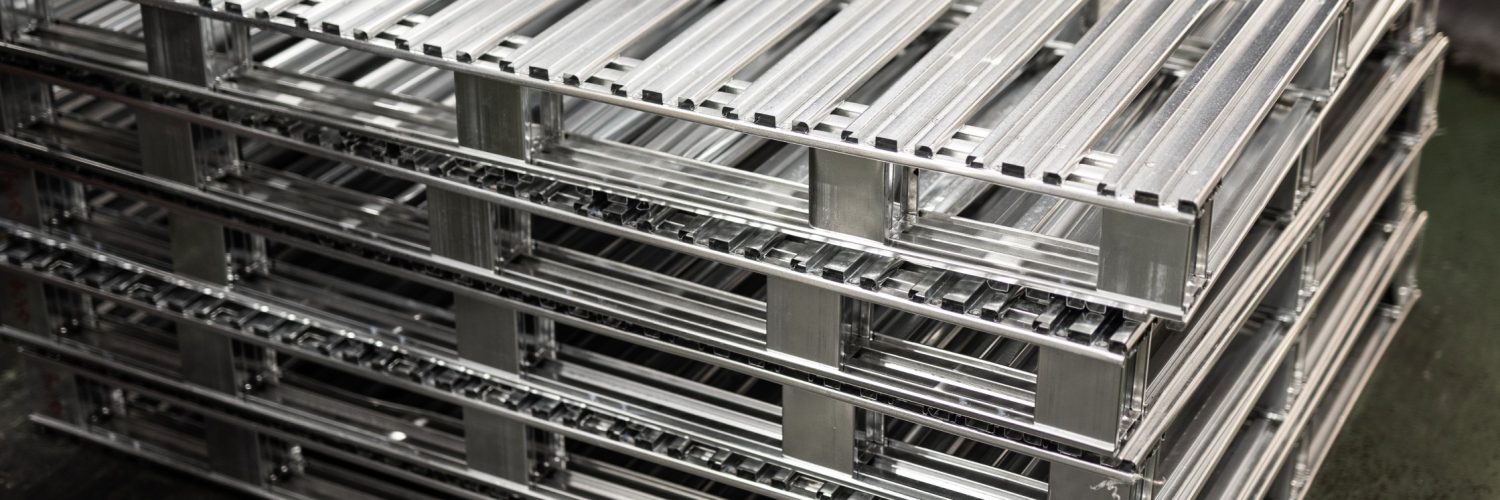Pallets are an important tool for any warehouse, but there are many different types to choose from. For some businesses, metal pallets may seem like a good option for their durability, but they have several drawbacks that could make your operations less efficient. Here are a few reasons why your warehouse should avoid metal pallets and why other options may be a smarter choice for your facility.
They Cost More To Buy and Maintain
Metal pallets are significantly pricier compared to wooden or plastic pallets. While their durability might seem like a worthwhile investment, they come with hidden costs that can pile up over time. If you often work in humid conditions, exposure to moisture can eventually result in rust, weakening your metal pallets and shortening their lifespan.
Metal pallets are also more challenging to repair and recycle than other models and usually require expensive replacements. Wooden pallets are a good alternative because
they are easily recyclable. EPA data shows a recent decrease in wood that ends up in landfills because more industries are emphasizing recycling and repairs for their pallets. It’s important to realize that recycling wooden pallets can help the environment as well as save you a lot of money on your operations.Handling Metal Pallets Is Effort-Intensive
Another issue with metal pallets is their weight. Metal pallets tend to be much heavier than wood or plastic options. This added weight not only requires more energy and effort to transport, but it can also increase shipping costs, making your operations needlessly expensive.
For forklift operators and warehouse staff, heavier pallets increase could pose a safety risk. Even when using automated systems and equipment to lift them, the excess weight can put more strain on the machines, requiring more maintenance and potentially leading to more equipment downtime.
Metal Pallets Are Not Versatile for All Warehouse Settings
Another reason why your warehouse should avoid metal pallets is because they’re not very versatile options for most industries. While some chemical plants or construction equipment manufacturers benefit from metal pallets, most fields utilize wood or plastic pallets without any of the drawbacks of metal.
You want to make your warehouse more efficient, but metal pallets can lead to delays and other problems. They’re far less practical for businesses that store heat-sensitive goods or operate in warm climates. Warehouses dealing with such materials are likely to face product losses or increased packaging costs as a result of their use. Understanding the limitations of metal pallets can help warehouse managers make smarter decisions to meet their facilities’ needs.
















